(April 4, 2024) In 1990, Lord Karan Bilimoria, launched Cobra Beer, a legacy he has crafted over the last three decades. Cobra Beer, rooted in a traditional Indian recipe with a contemporary twist, stands out amidst the UK’s diverse beer portfolio earning 101 gold medals at the prestigious Monde Selection, the quality awards. The entrepreneur holds a prominent position in the House of Lords, bearing the title of Lord Bilimoria of Chelsea. He is also the Chancellor of the University of Birmingham since 2014, and is a trustee at the Cobra Foundation. With various board memberships in educational institutions and charitable organisations, Bilimoria champions renowned institutions like the British Library and serves as an international envoy for London.
After completing his undergraduate studies in commerce in India, Karan Bilimoria moved to the United Kingdom to take a job at Ernst & Young. In the UK he qualified as a chartered accountant (CPA), and then went to Cambridge University to pursue law. He was planning to become a barrister or an adviser in the world of mergers and acquisitions. However, fate had some other plans in store.
“Sitting in a traditional British pub one evening after classes, wondering whether to have a too-fizzy lager or a too-heavy ale, I had an idea: I wanted to create a more balanced beer, one that would pair well with food, especially the spicy curries from home. It would appeal to both men and women. And I could eventually sell it around the world,” he mentioned in a column that he wrote for the Harvard Business Review. “That was the dream. Today it is a reality.”
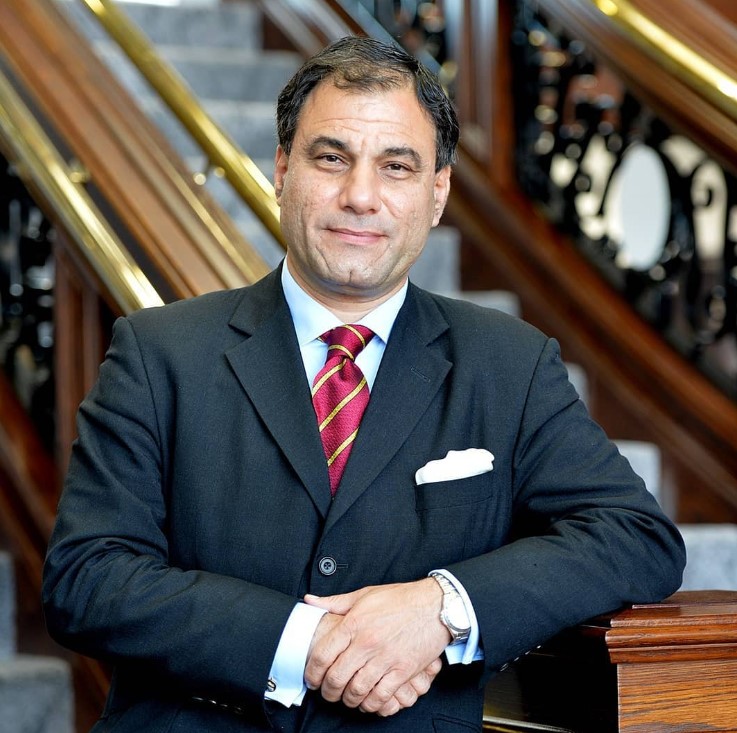
Karan Bilimoria
The beer brand Cobra that Bilimoria eventually launched in 1990 has been generating over $250 million annually in global retail sales. “The journey required a great deal of creativity. It also demanded vision, flexibility, and integrity—not just from me but from everyone who helped me build the business,” Bilimoria mentioned.
From dream to reality
Bilimoria was always a beer lover but often found lagers to be bland, gassy and bloating; while he found ale too heavy and bitter to drink with food. “I wanted something in between—cold and refreshing but also smooth,” the entrepreneur reminisced. He spent many nights experimenting – mixing available brews to find the right blend. Although he was following his heart, his mind was firm that launching a beer brand as one’s first business venture was an ambitious plan – not a very practical thing to do without any business experience.
Around that time his polo team at Cambridge planned a tour to India. Bilimoria saw an opportunity in this. While he went to India with his team, he procured some Indian-made polo sticks and started selling them in the UK. It was the year 1989 when he teamed up with Arjun Reddy, one of his friends from Hyderabad and launched their polo stick import business. The business venture served two purposes – while Bilimoria was trying to develop some business acumen, he was also facilitating commerce between his country of origin and the country he emigrated for his higher studies. In due course Bilimoria and Reddy expanded their business with import of traditional Indian goods, including garments, silk and leather in addition to the polo sticks.
Within nine months of starting their business they got introduced by chance to India’s largest independent brewer, in Bangalore which employed the country’s finest brew master, an Indian biochemist who had studied in Prague. The brewery had never exported its product.
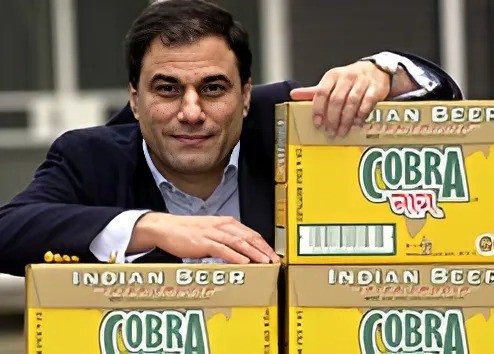
Karan Bilimoria
“I seized the opening and explained my idea. The company first suggested that we import two of its brands to the UK: Pals and Knock Out. But the former shared the name of a British dog food, and the latter—suggesting a boxer’s punch—wasn’t what we had in mind,” he shared. Luckily the company agreed to let Bilimoria and Reddy develop their own brand using its facilities in Bangalore. “I already had the taste in my mind; the brew master and I just needed to sit in the laboratory and come up with the recipe,” shared Bilimoria.
He stayed in India for several months while his business partner, Reddy was in London, managing business operations there. When finally, Bilimoria developed the right brew he returned back to the UK, drove around in a battered old car to all the top Indian restaurants introducing their proprietors to his beer. He received good response, and the beer business scaled up. Bilimoria and Reddy even found an angel investor.
They hired a few more salespeople, and started investing in marketing. “We created pint glasses featuring a map of India and gave them to restaurants, whose owners reported that customers liked them so much they were taking them home,” shared Bilimoria.
Scaling up despite odds
By the time their venture turned five Cobra beer’s revenue was a whooping £2 million. Bilimoria’s partner, Reddy, didn’t want to continue further. He was happy with what he had achieved so far and moved out of the venture. “But I wanted to stick with Cobra. I strongly believed that it could become a global brand, so I bought him out on his terms, and we remain good friends,” Bilimoria shared. “Happily, sales doubled the next year.”
Until then Cobra beer was being produced at the Bangalore but the brewery had started to struggle in coping up with the growing demands. Bilimoria moved the production to Bedford, in the UK. With time Cobra beer’s reach expanded even further in the UK – to all types of restaurants, not just pubs and bars.
During this whole process, the business witnessed significant challenges but Bilimoria persevered. “I wanted to create the finest Indian beer and sell it everywhere. With determination, my team and I turned Cobra into a household name in Britain, and that strength of brand helped us through tough times; during none of the crises did our sales decline,” Bilimoria shared.
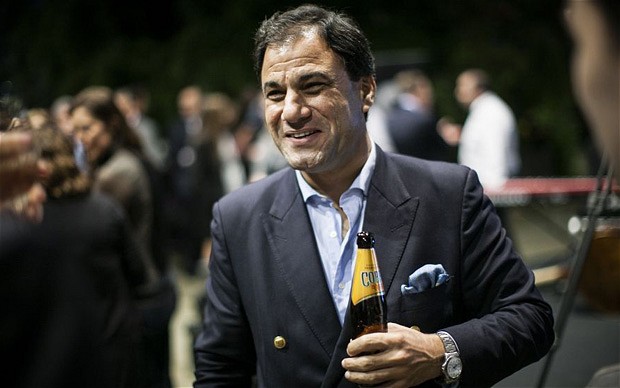
Karan Bilimoria
Turning global
In 2009, Molson Coors, a Canadian-American multinational company which has been brewing for two centuries recognised Cobra’s potential and formed a joint venture with Bilimoria, facilitating expansion into numerous European countries, as well as Japan, Canada, and Australia.
We’ve been creative and flexible—willing to constantly adapt, learn, grow, and innovate. That’s the heart of successful entrepreneurship: knowing where you want to go but staying open to different ways of getting there.
Lord Karan Bilimoria
In 2018 Cobra launched Cobra Malabar, an Indian Pale Ale (IPA) that comes from a complex, top-fermented recipe, adding an Indian touch to the global brand.
Beyond entrepreneurship
While Bilimoria was working on the continued success of Cobra, he also got involved in the broader UK business and political community, and served as deputy lieutenant of Greater London. In 2006 he was named an independent crossbench life peer in the House of Lords. In 2014 he was appointed as the Chancellor of the University of Birmingham, and became a board member of several educational and charitable organisations. “I’ve tried to bring my entrepreneurial experiences and approach to these roles, too,” Bilimoria mentions.
ALSO READ | Rupee Beer: Van and Sumit’s flavourful journey to introduce Indian craft beer to the world
Giving back through Cobra Foundation
Established in 2005 on the occasion of 15th anniversary of Cobra Beer Ltd, Cobra Foundation operates as an independent charity registered in the United Kingdom. Its primary goal is to empower young people in South Asia by focusing on health, education, and community support, with a special focus on access to safe water.
The foundation is also committed to providing aid for disaster relief efforts. Whether it was Cyclone Sidr in Bangladesh, Bihar floods in India, floods in Pakistan, earthquakes in Nepal, or cyclone in Tamil Nadu, India, Cobra Foundation has contributed generously to aid relief efforts.
Over the years, Cobra Foundation has impacted hundreds of charities and initiatives, offered financial grants and donated complimentary Cobra beer for fundraising events. Among the popular incentives is a complimentary case of Cobra beer every month for a year, accompanied by responsible drinking guidelines.
In collaboration with Belu, a UK based social enterprise and drinks company Cobra Foundation supports WaterAid, an international non-governmental organisation, focused on water, sanitation and hygiene.
The foundation also facilitates educational opportunities by hosting Indian doctors for three-month attachments at prominent training hospitals in the UK.
Influence of India’s diversity on Bilimoria’s personality
Lord Karan Bilimoria comes from a Zoroastrian Parsi family in India. His father and both paternal as well as maternal grandfathers had worked for the Indian armed forces. So, there were frequent transfers that the family was accustomed to. Bilimoria has stayed in several cities and has studied in schools across India. He calls this experience ‘transformative.’
“My parents used to say, wherever you go you always find interesting people and you will always find something of interest in that place that will be special.” Looking back on his life he finds their words to be true. “India is the most diverse country in the world in every way, whether it’s in terrain, religion, races and languages. I’ve been lucky from my childhood onwards to have experienced the diversity of India,” remarked the British Indian entrepreneur and philanthropist crediting his trait of adaptability and flexibility in both personal and professional life to his rich childhood experiences.


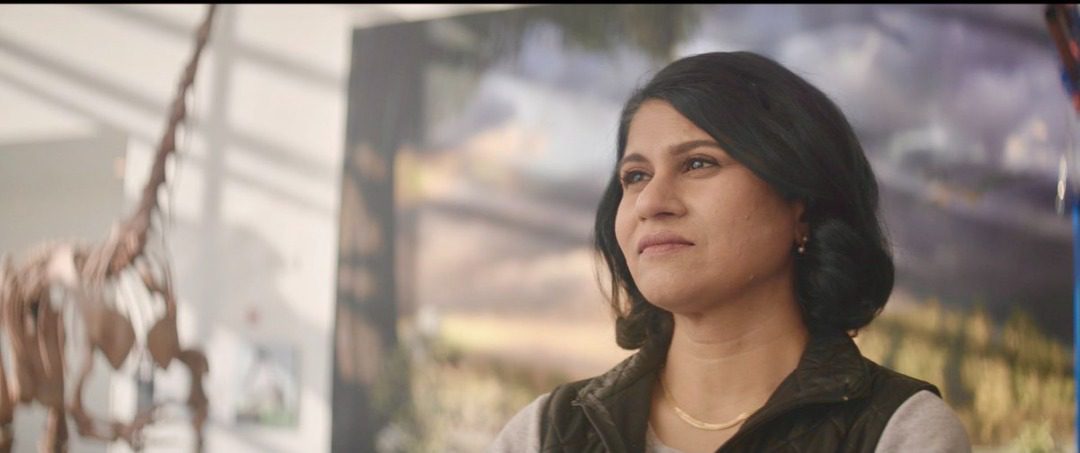
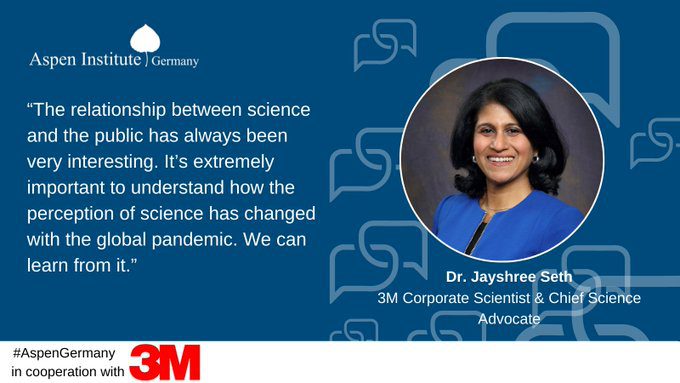
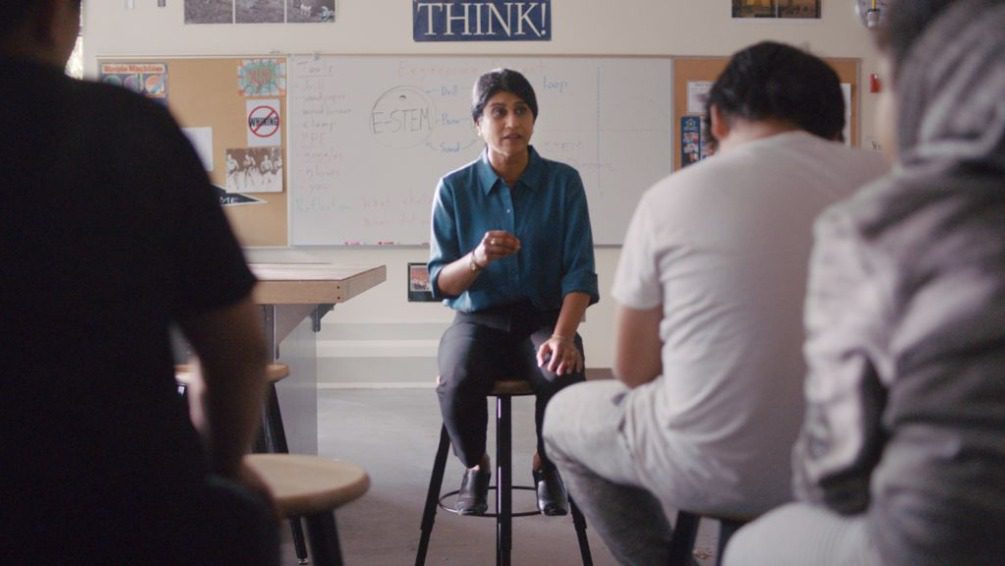 She has worked at 3M for 28 years.[/caption]
She has worked at 3M for 28 years.[/caption]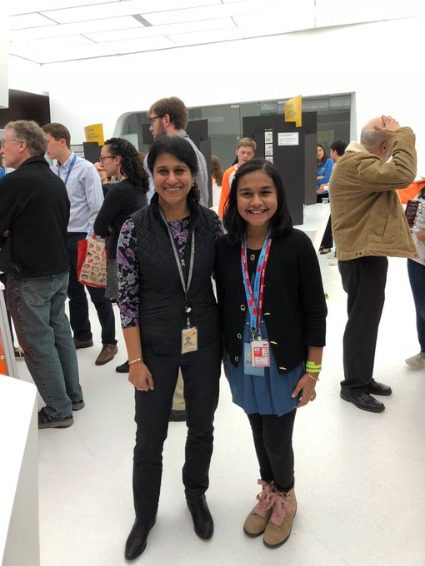 Jayshree Seth with Indian-origin teen innovator Gitanjali Rao in 2018.[/caption]
Jayshree Seth with Indian-origin teen innovator Gitanjali Rao in 2018.[/caption]
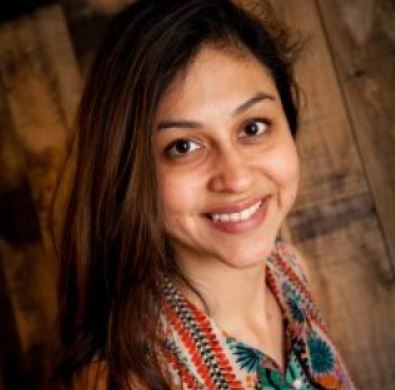 Neha Narkhede, founder, Confluence[/caption]
Neha Narkhede, founder, Confluence[/caption]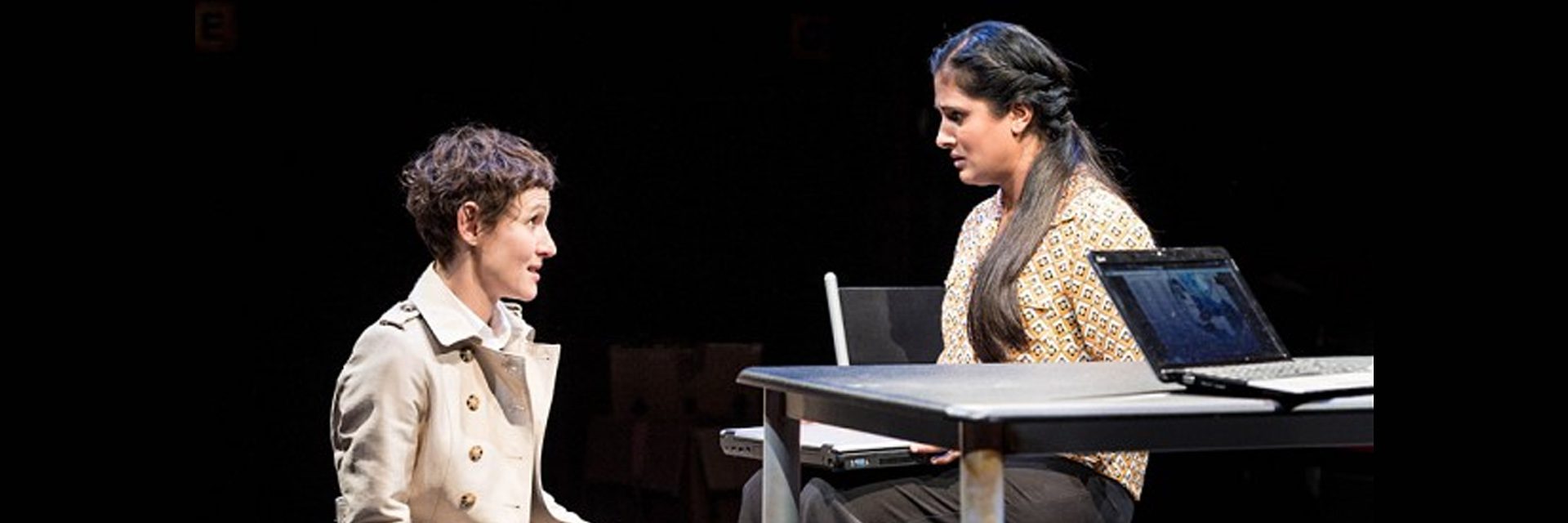
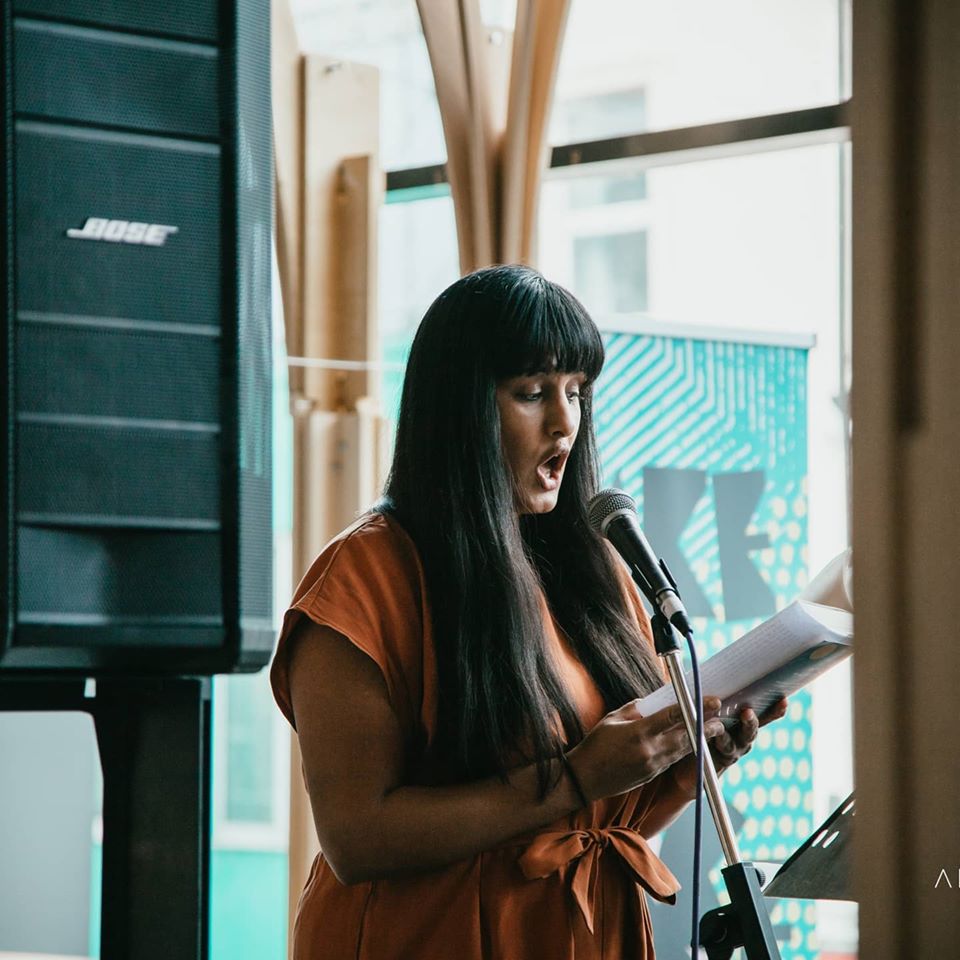
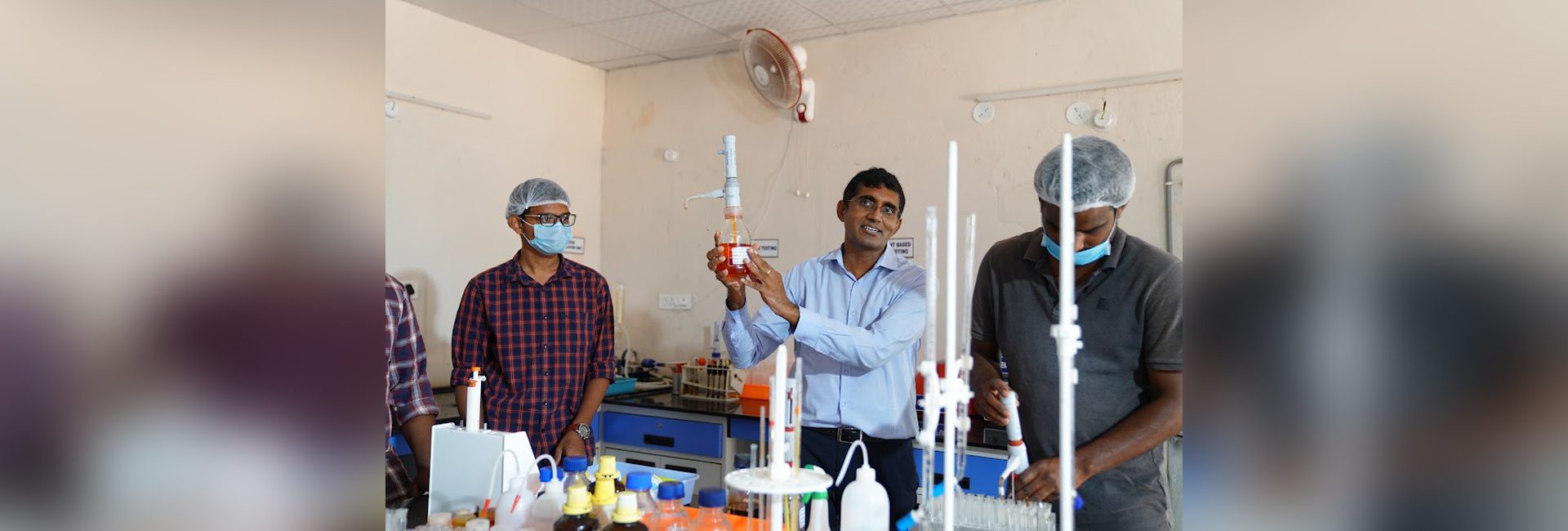
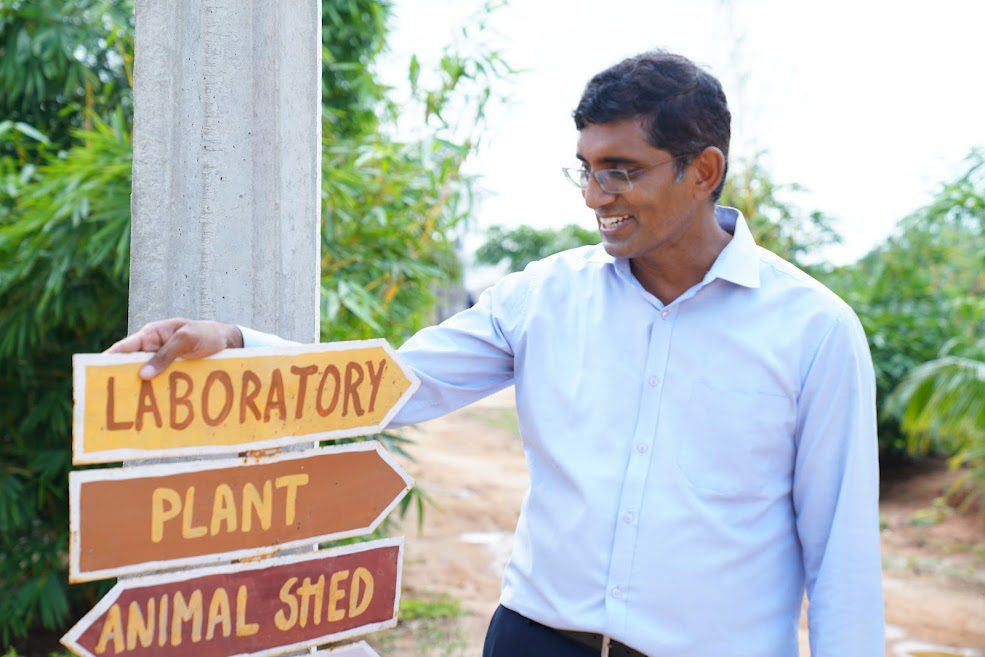 Kishore Indukuri[/caption]
Kishore Indukuri[/caption]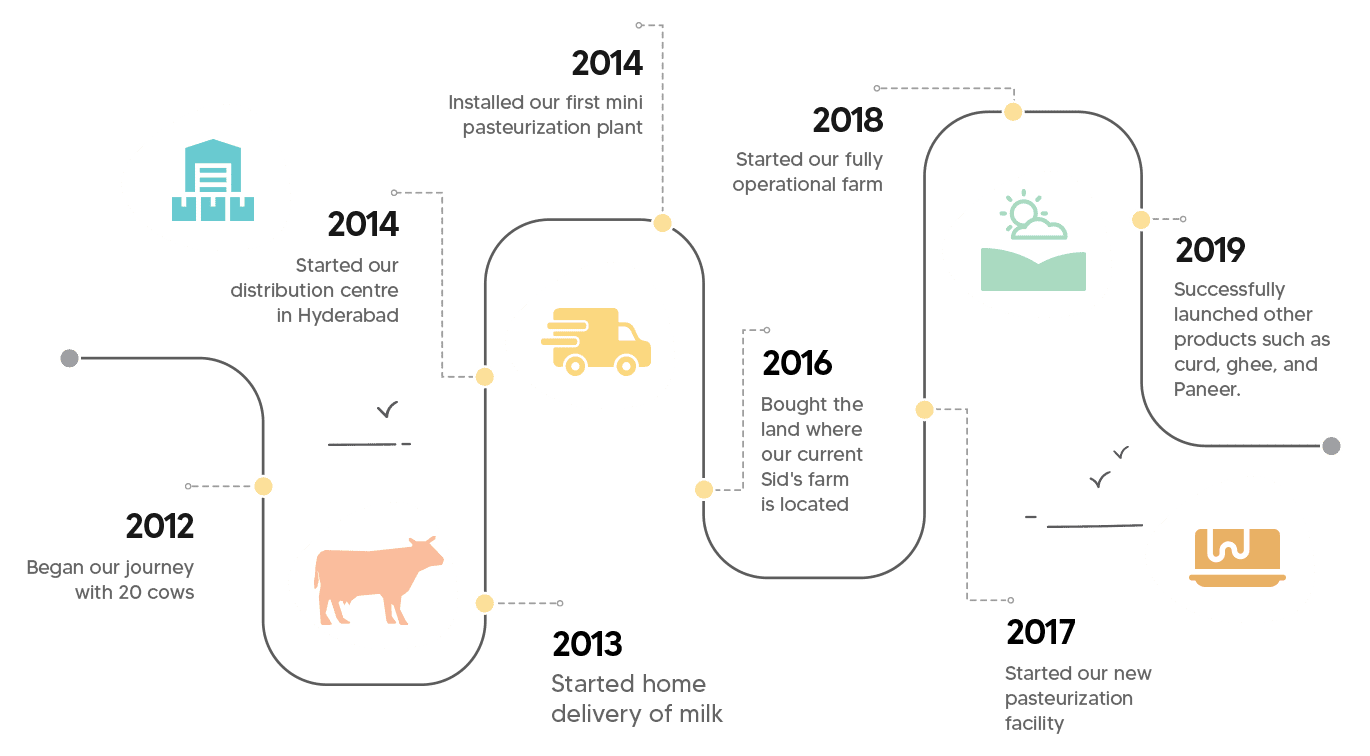 Graphic courtesy:
Graphic courtesy: 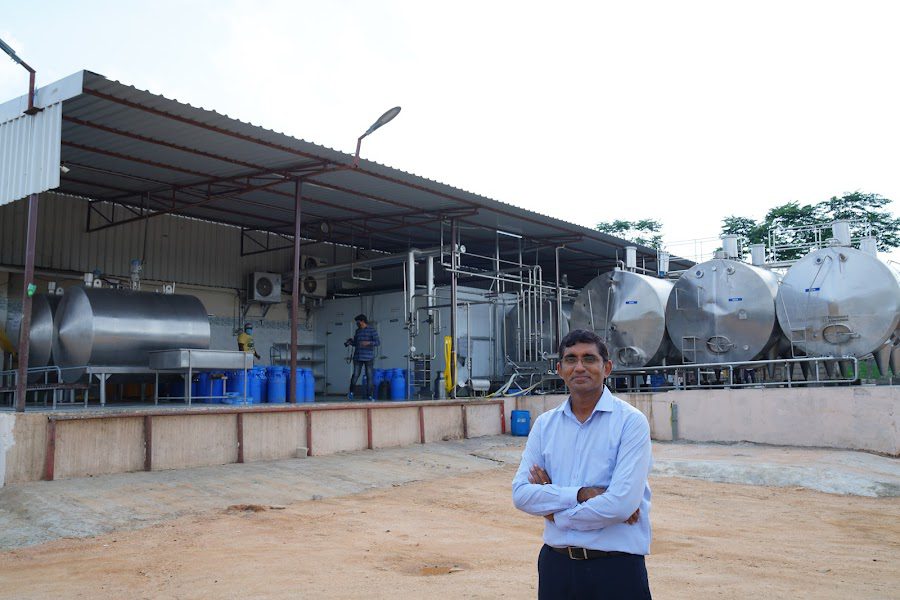

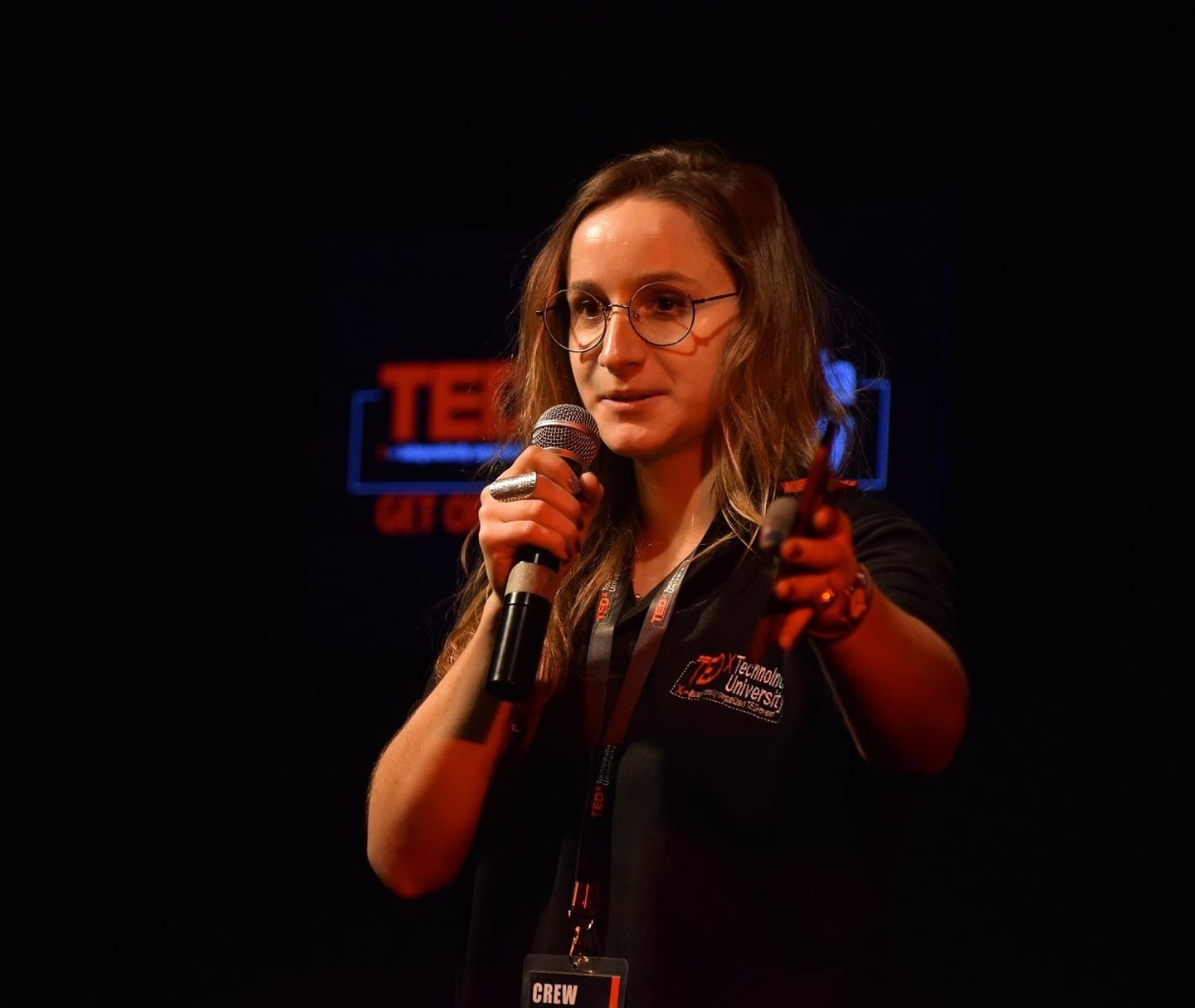 Pauline Laravoire[/caption]
Pauline Laravoire[/caption]